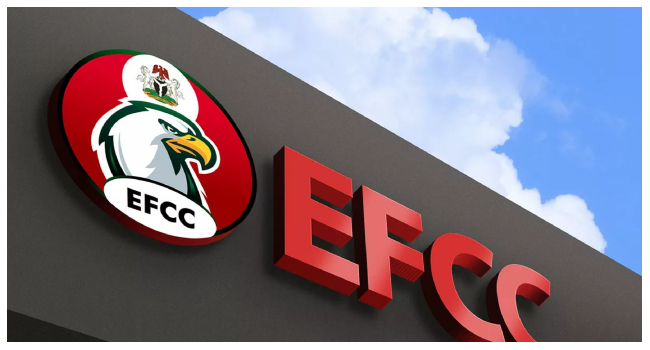Chappal Energies said on Thursday it is “deeply concerned” by a public notice issued by the Economic and Financial Crimes Commission (EFCC) declaring its Managing Director, Ufoma Immanuel, wanted, alleging that the action disregards an existing court order and bypasses standard legal procedures.
EFCC had on Wednesday, in a public notice on its social media platforms, declared Immanuel wanted, stressing that Immanuel was wanted for an alleged case of obtaining money by false pretence and forgery.
In a statement issued on Thursday, the company said enforcement actions under Nigerian law require reasonable attempts at direct engagement with individuals or corporate entities before any warrant or public declaration is made.
Chappal Energies stated that, to its knowledge, neither Immanuel nor the company was contacted by the Commission before the notice was published.
The firm said both its Managing Director and the organisation remain “fully reachable” through their official addresses, phone lines and electronic contacts, all of which are publicly available.
It added that the sudden publication of a wanted notice, despite its accessibility, creates “the unfortunate impression of a public escalation where standard procedures were readily available.”
Chappal Energies linked the development to what it described as coordinated pressures associated with an ongoing civil dispute.
Court documents made available to The Guardian and dated 11 September 2025 showed that Hon. Justice J.E. Obanor of the High Court of the Federal Capital Territory in suit number CV/2913/2025 and motion number M/10216/2025 granted an interlocutory injunction restraining the EFCC and other respondents from inviting, questioning, arresting or detaining Mr Immanuel or taking any action against Chappal Energies.
The statement noted that the injunction remains in force, raising questions about the legality and timing of the EFCC’s announcement.
According to the company, issuing a wanted notice despite a binding court order “creates the impression of external actors seeking public spectacle and mischief rather than adherence to legal due process.”
The oil firm emphasised that it continues to respect the statutory roles of all government institutions, including the EFCC, and remains committed to cooperating with relevant authorities “through the proper legal channels.”
When contacted, EFCC did not comment on the allegations at the time of filing this report.






